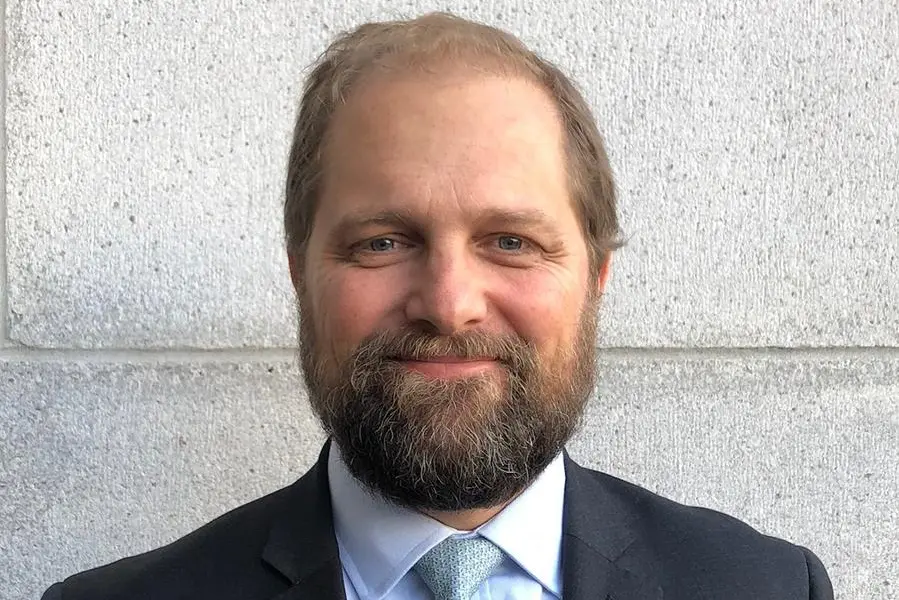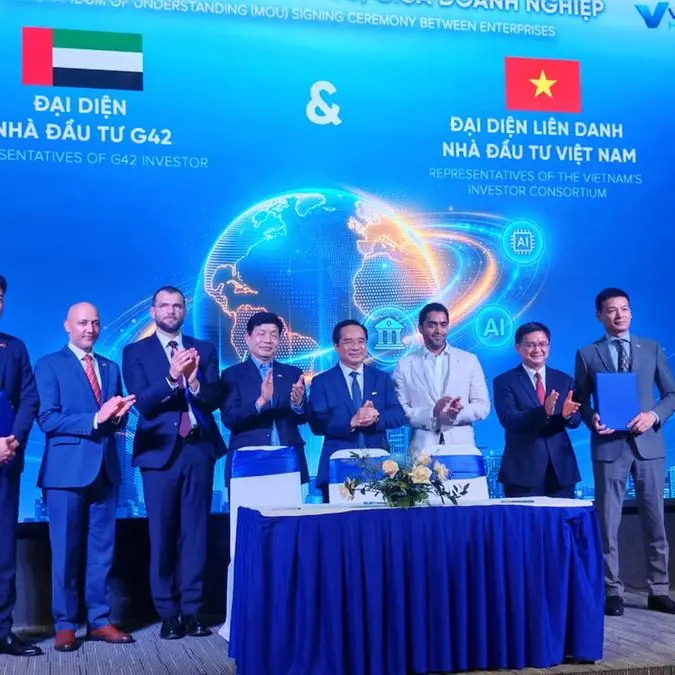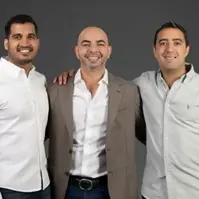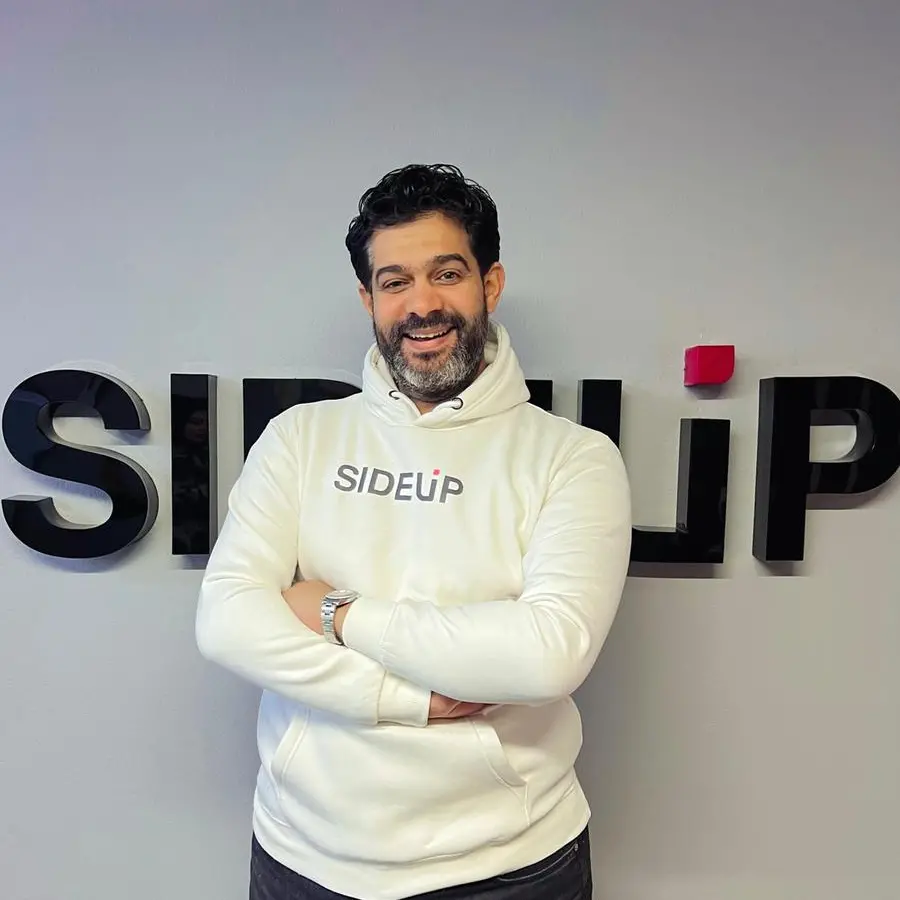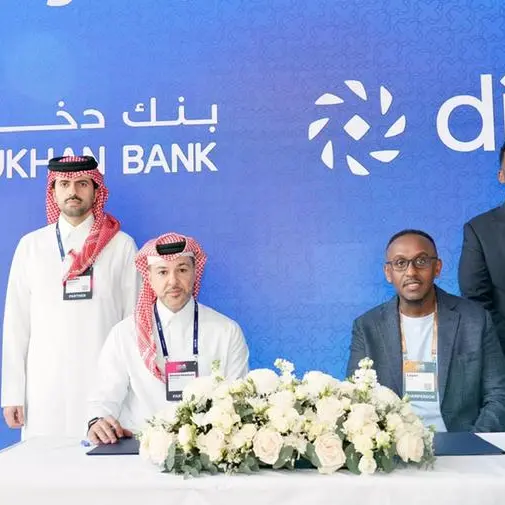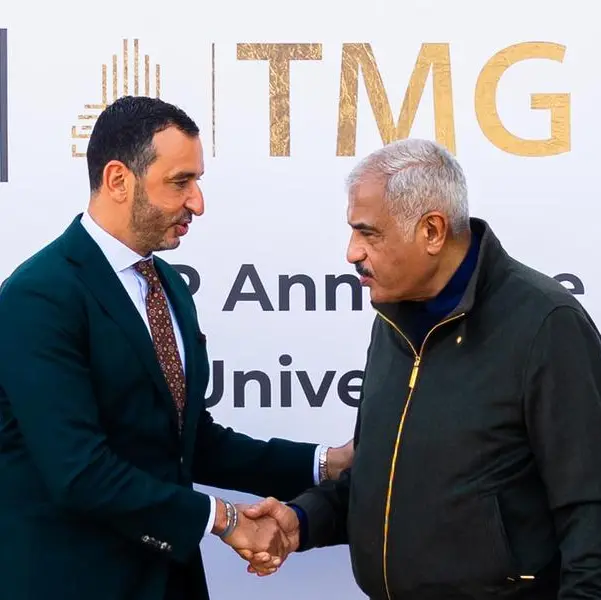PHOTO
Cape Town - Do you have an innovative solution to protect and restore marine biodiversity in the Western Indian Ocean region? If so, the ‘Great Blue Wall Challenge’ calls on you to submit your solution to UpLink, the open-innovation platform of the World Economic Forum.
This challenge, announced in March this year, is a global call for start-ups and social enterprises that are using nature-positive innovations to improve the region’s sustainability and the resilience of its people and ecosystems.
The organisers are looking for solutions aligning with the Great Blue Wall Initiative. This initiative, led by Western Indian Ocean countries with the support of the International Union for Conservation of Nature (IUCN) and a coalition of partners, represents a roadmap for protecting and restoring, by 2030, at least 2 million km2 (around 30%) of critical ecosystems in this region. The involved countries include South Africa, Kenya, Tanzania, Mozambique, Comoros, Madagascar, Mauritius, and Seychelles.
A challenge to change
The African-led challenge aims to establish a novel network of seascapes that will benefit both people and nature. These seascapes will create a ‘great blue wall’ of effectively conserved marine ecosystems that delivers socio-economic and conservation outcomes, shelters communities from adverse climate change impacts, and helps biodiversity to recover.
The overarching goal of the initiative and the supporting challenge is to dramatically accelerate and upscale ocean conservation actions, while enhancing socio-ecological resilience and developing a regenerative blue economy. The latter has huge potential to contribute to sustainable development and the reduction of social inequalities in the Western Indian Ocean region.
“There is a great and urgent need to identify and support innovative approaches to seascape conservation and restoration in this region,” says Kristian Teleki, the director of the World Economic Forum. “We need new, scalable and ocean-friendly solutions to help protect and restore marine biodiversity.”
As such, the Great Blue Wall Challenge promotes concrete, future- and results-oriented action that contributes to the resilience of people and the environment amid climate change.
“Western Indian Ocean countries have an inspirational vision to protect and restore some of the most biodiverse seascapes in the world, while leveraging the tremendous untapped potential of a sustainable blue economy to support these efforts,” says Teleki. “The private sector and innovation will play an essential role in bringing the Great Blue Wall to life by creating new business models that derive value from ecosystems without damaging them, and by offering new opportunities for employment and community development. The World Economic Forum looks forward to identifying and scaling innovations that can help realise the Great Blue Wall.”
The creators of the challenge are UpLink and the Friends of Ocean Action (both World Economic Forum platforms), along with OceanHub Africa and IUCN. Their efforts are supported by Citigroup, Mercator Ocean International, the Western Indian Ocean Marine Science Association, the United Nations Economic Commission for Africa, The Loudhailer, and the Mitsubishi Corporation Fund for Europe and Africa.
The challenge runs under the High Patronage of the office of the Kenyan president William Ruto.
Together, the partners are looking for top-quality innovators operating in the Western Indian Ocean region.
An ocean under increasing pressure
For centuries, the region encompassing the western part of the Indian Ocean has provided livelihoods and opportunities for trade and marine resource use. Some 70 million people – over a quarter of the region’s population – live within 100 km of the shoreline. The importance of this region to both people and the planet cannot be overstated.
The region is home to 38% of the world’s coral reef species, a multitude of diverse ecosystems, and thousands of marine species, many of which are endemic. Its shores and coastal waters are recognised globally for their biological richness, natural beauty, and high socio-economic and ecological value.[1]
But experts say there is cause for serious concern: All coral reefs in this region are at high risk of collapsing within the next 50 years if nothing is done to mitigate the twin dangers of climate change and the current rate of biodiversity loss. Already, these threats are causing reductions in ecosystem services that humans benefit from, such as climate regulation, and in the ability of marine ecosystems to support human communities.
The region is also under pressure from overfishing, pollution, and extractive industries. This means natural capital is being eroded, undermining the ocean’s value for present and future generations. Still, only 8% of this ocean is formally protected, and only a small portion is effectively conserved.
Innovation to save the future
The partners driving the Great Blue Wall Challenge are looking for innovations that promote the sustainable and equitable use of ocean resources, focus on value chain development, and diversify ocean usage in this region. Interested parties are invited to submit their innovations on UpLink’s online platform.
To help advance the impact of their innovations, the creators of the best submissions will be recognised as ‘Top Innovators’ and invited to join the UpLink Innovation Network Programme, facilitated by Friends of Ocean Action and the World Economic Forum and its partners.
In making their selection, the partners will consider the geographic location, type, stage, and scale of the innovations.
Innovations submitted must be beyond the ideation or prototype phase, with a clear measure of their impact and scale. The partners are interested in solutions that demonstrate the potential to be scaled up, given the urgency of the challenges involved.
Solutions must focus on one or more of the following topics: seascape conservation and restoration (to protect or restore ecosystems), the sustainable and equitable use of ocean resources (including value chain development) or supporting activities (such as financial technology to enable conservation or other ocean-positive activities), the protection and restoration of blue carbon ecosystems (including certified carbon projects), and dealing with the different waste types that affect marine environments in this region (excluding plastic pollution).
Submissions will be assessed against criteria such as the environmental and socio-economic impact of the solutions offered, the governance and operating models followed, the financial viability of the business model employed, the innovation’s traction among other organisations and partners, and the monitoring and evaluation frameworks put in place.
Priority will be given to for-profit start-ups or social enterprises with a sustainable funding model. Non-governmental organisations with a clearly defined revenue-generating project may also be considered.
Solutions must be submitted by 24 April, after which the review and selection will take place. The winners of this challenge will be announced on World Ocean Day (8 June 2023) and later be featured at the Africa Climate Action Summit and the 2023 United Nations Climate Change Conference (COP28).
Submit your solution now on UpLink.
-Ends-
UpLink, the World Economic Forum’s open innovation platform, is used to source and scale innovative solutions to the world’s most pressing challenges, as outlined by the United Nations Sustainable Development Goals. To date, UpLink – in collaboration with a wide range of partners – has hosted almost 40 innovation challenges on a number of key topics, including those related to the ocean, ‘blue carbon’ ecosystems, and coastal tourism. The winners of these challenges are recognised as ‘Top Innovators’ and are invited to join the UpLink Innovation Network, an exclusive community of the World Economic Forum that provides a range of opportunities to help escalate and accelerate the impact of these entrepreneurial start-ups. So far, around 400 Top Innovators have joined this network, with multiple challenges being scheduled to launch throughout 2023.
For more information, visit UpLink.
For media queries, please contact sonja@theloudhailer.org
[1] https://sustainabledevelopment.un.org/content/documents/13692WWF2.pdf
